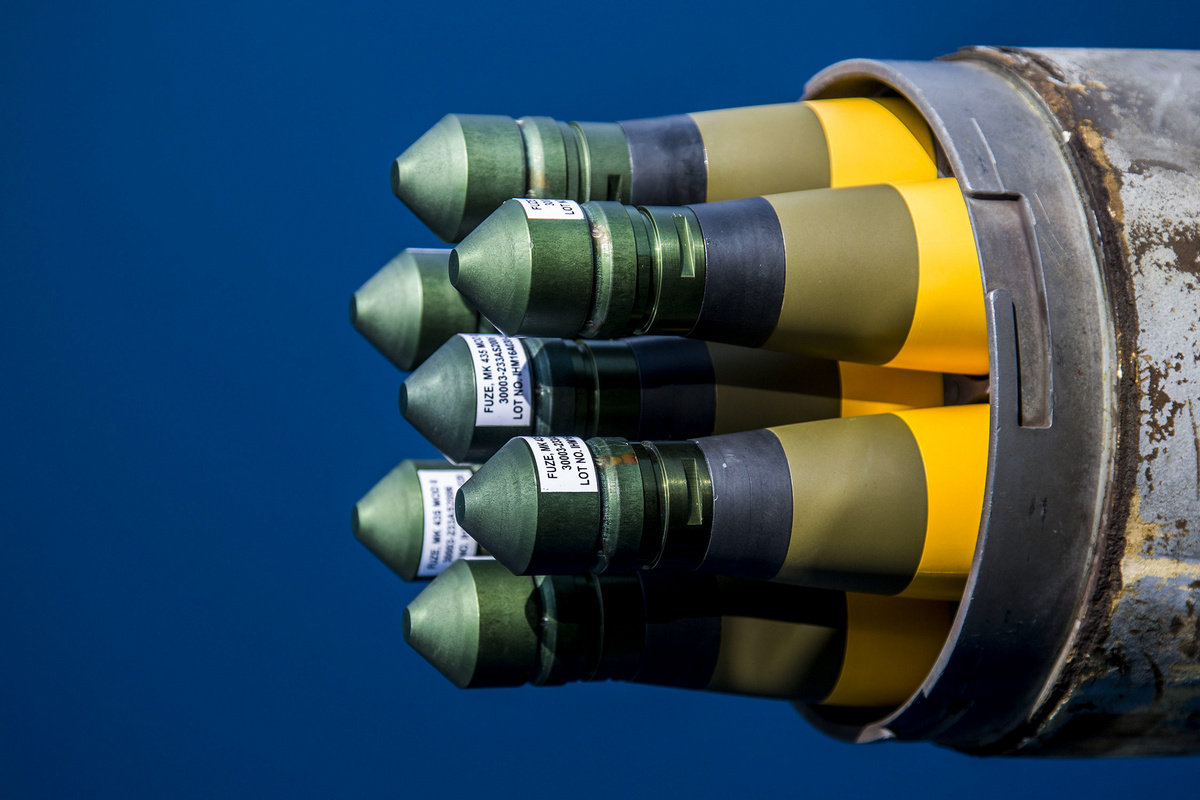
There are many options available for military action when we talk about space wars. These options include different strategies and doctrines as well as theories. Also, post-conflict reactions can be discussed. The military action in space is extremely complex and may even be different from what we imagine. This article explores some possible outcomes.
Theories
Space wars may be possible in the near future. As such, space power theories are important to understand the political underpinnings of space warfare. These theories can be used to improve command judgment and strategic thinking. They must be considered separately from air power theories. These theories serve to inform the public of the implications of space-based operation.
Space warfare theories must be based on an understanding of space and its forces. They must also know the best ways to fight space. This includes denial of the enemy's space capabilities, "blockade" of enemy launch facilities, and interception of ballistic missiles. The theory must also be able to adapt to changing technologies and new adversaries in space.
Doctrine
Soviet doctrine was a major factor in the 1980s' debate about military space power. The Soviets were able to use their own doctrine in outerspace, and the United States was determined to defend its nuclear strategic threat from an attack of the Soviet Union. To counter this threat, the United States developed offensive space weapons. The Congress was then enraged by the issue of space control.
U.S. Space Force recently released "Spacepower," a new guiding paper. The doctrine, which is based in Joint Publication 3-14 provides a framework for the military's vision regarding its space operations. It was issued just weeks after Defense Space Strategy was published by the Pentagon. The doctrine details the Space Force's key role in space operations. It also describes its mission as "defending and protecting the space domain".
Strategies
Space wars are more complex than any conflict on Earth. They require sophisticated technology systems. Space weapons are highly risky and could result in the collapse of U.S. space policy. A space war could be devastating for the United States, and the whole world. Military leaders are working to implement space warfare military tactics in order to avoid such a catastrophic outcome.
There are many space warfighting theories. These theories encompass all aspects a nation's interests and operations in a particular medium. Space warfare is an extension and variation of this strategy. It can use military, technological, airpower theories.
Reactions after conflict
The United States and China have developed space weapons that can cause damage, even though they aren't kinetic. Russia has coorbital weapons and China has direct ascent weapons. These weapons are launched into orbit and then maneuvered towards their target. They also have non-kinetic weapons such as lasers or jamming gadgets that can block satellite communications. These aren't ideal weapons for combat but can be used as an alternative to satellite communications.
Space forces must be protected from potential enemies in the future. These adversaries are increasing their space weaponry capabilities. China's counterspace arsenal is far more dangerous than Russia’s fleet of satellites. Commercial space must also be protected. If not, future wars will be fought blindly.